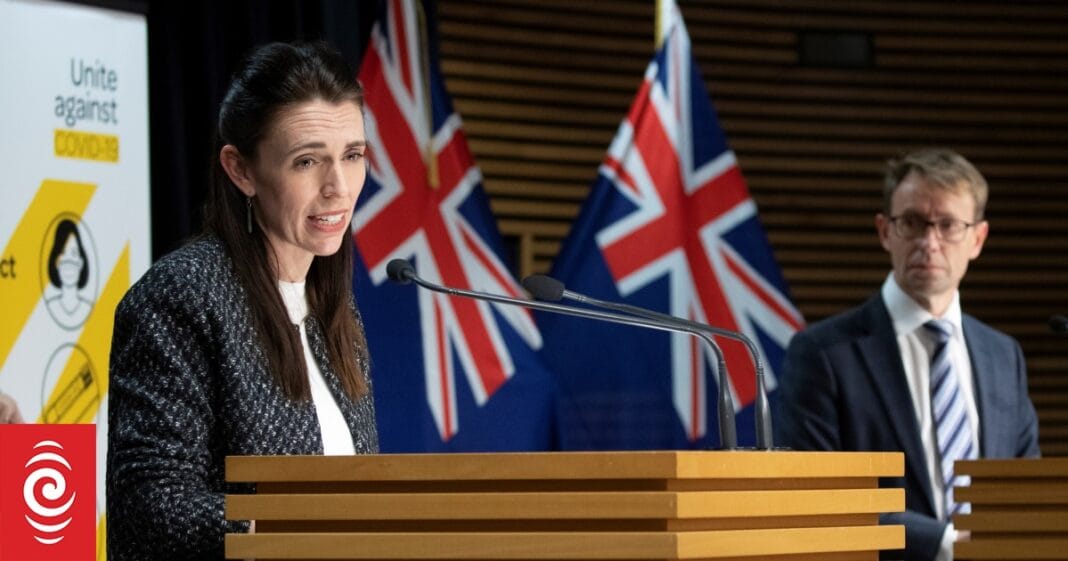The Royal Commission of Inquiry Report: A Comprehensive Analysis
In a world grappling with the aftermath of a global pandemic, the Royal Commission of Inquiry report sheds light on the government’s response during these unprecedented times. Delving into the intricacies of decision-making and preparedness, the report offers 39 primary recommendations aimed at enhancing future responses to national risks such as pandemics. Let’s explore the key recommendations and their implications for a more resilient future.
Full Review
1. Establishing a central agency function to coordinate all-of-government preparedness is crucial in ensuring a cohesive response to pandemics and other national risks. This centralized approach can streamline communication and decision-making processes.
2. Access to scenario planning and modelling capability is essential for effective pandemic preparedness. By leveraging data-driven insights, the central agency can make informed decisions to mitigate risks and allocate resources efficiently.
3. The formation of a pandemic expert advisory group comprising diverse expertise can provide valuable insights and strategic advice during crisis situations. Collaborating with both public and non-government sectors can lead to holistic and well-informed responses.
4. Strengthening oversight and accountability for public sector agencies’ preparedness is paramount. By establishing mechanisms such as chief executives groups and regular reviews, transparency and efficiency can be enhanced.
5. Public transparency plays a crucial role in building trust and accountability. Publishing the National Risk Register and assessing preparedness in annual reports can foster a culture of openness and continuous improvement.
6. Sustainable funding for preparation activities is essential to ensure long-term resilience. The Treasury’s advice on funding mechanisms is crucial for maintaining necessary systems and infrastructure.
7. Developing an all-of-government pandemic response plan lays the foundation for coordinated actions in times of crisis. This comprehensive plan can streamline efforts and ensure a unified approach towards mitigating risks.
8. Regular updates to the pandemic plan based on national response exercises are necessary to adapt to evolving challenges and improve preparedness strategies.
9. A quick-response structure for pandemic situations can expedite decision-making and resource allocation, enabling swift and effective actions during crises.
10. Ensuring the movement of public sector capability and capacity can prevent burnout and enhance resilience. Rotating staff and bringing in specific expertise when needed are critical for sustained response efforts.
Conclusion
The Royal Commission of Inquiry report offers a comprehensive roadmap for enhancing pandemic preparedness and response strategies. By implementing these recommendations, governments can build a more resilient and coordinated approach towards tackling national risks. The insights provided in the report serve as a valuable resource for shaping future policies and strategies in the face of uncertainty.
FAQs
1. What is the significance of establishing a central agency function in pandemic preparedness?
– Establishing a central agency function is crucial for coordinating all-of-government preparedness and ensuring a cohesive response to national risks.
2. How can scenario planning and modelling capability support pandemic preparedness?
– Access to scenario planning and modelling capability enables data-driven insights for informed decision-making and resource allocation during crises.
3. Why is a pandemic expert advisory group important in crisis situations?
– A pandemic expert advisory group comprising diverse expertise can provide valuable insights and strategic advice for effective response strategies.
4. What role does public transparency play in enhancing preparedness?
– Public transparency, through publishing reports and assessments, fosters trust, accountability, and continuous improvement in preparedness efforts.
5. How can sustainable funding for preparation activities impact resilience?
– Sustainable funding is essential for maintaining necessary systems and infrastructure, ensuring long-term resilience in the face of national risks.
6. Why is developing an all-of-government pandemic response plan crucial?
– An all-of-government pandemic response plan lays the foundation for coordinated actions and unified efforts in mitigating risks during crises.
7. Why are regular updates to pandemic plans necessary?
– Regular updates based on national response exercises help in adapting to evolving challenges and improving preparedness strategies.
8. How can a quick-response structure benefit pandemic situations?
– A quick-response structure enables expedited decision-making and resource allocation, facilitating swift and effective actions during crises.
9. What is the importance of ensuring the movement of public sector capability and capacity?
– Ensuring the movement of public sector capability and capacity can prevent burnout and enhance resilience by rotating staff and bringing in specific expertise.
10. How can the Royal Commission of Inquiry report shape future policies and strategies?
– The insights provided in the report serve as a valuable resource for governments in shaping future policies and strategies to enhance pandemic preparedness and response efforts.
Tags:
Pandemic Response, Government Preparedness, Crisis Management

